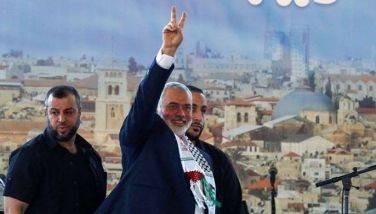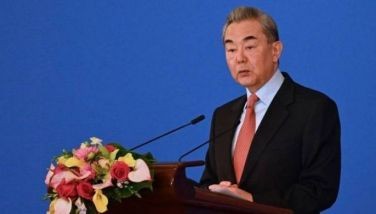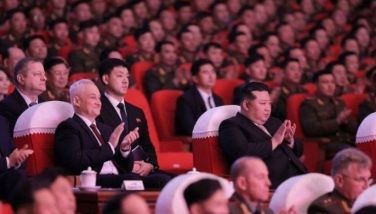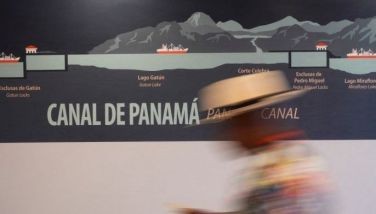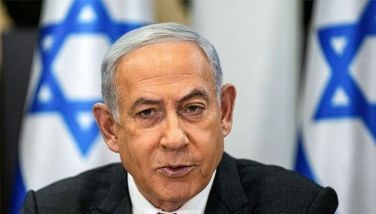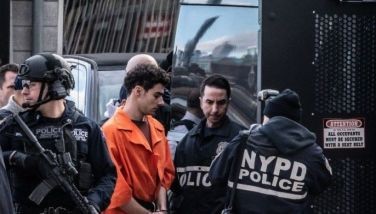Report: Turkey orders warrant for US-based cleric's arrest
ANKARA — A Turkish court has ordered an arrest warrant for US-based cleric Fethullah Gulen — a former ally-turned-foe of President Recep Tayyip Erdogan, Turkey's state-run media reported Friday.
A court in Istanbul ruled there was "sufficient tangible evidence" against Gulen and agreed to issue the warrant, the Anadolu Agency said. The move could be a prelude to a formal request for Gulen's extradition from the United States, where he is living in self-imposed exile in Pennsylvania.
Erdogan's government has accused Gulen's movement of orchestrating a plot to try to bring it down. It says Gulen's followers in the police and judiciary are behind corruption allegations that forced four ministers to resign and targeted Erdogan's family.
The US and Turkey do have an extradition treaty and Erdogan has said he wants Gulen extradited, but it was not clear if the evidence would meet US criteria for his extradition.
Earlier Friday, the court ordered the arrest of four people and released eight others detained in raids on a newspaper and television station affiliated with Gulen's movement, state-run media said. Those released included Ekrem Dumanli, editor-in-chief of one of the country's biggest newspapers, Zaman. The court banned Dumanli and the others from traveling abroad, pending possible charges.
The suspects were among more than two dozen people detained in raids this month that targeted Zaman and its sister television station, Samanyolu TV.
"I reject the accusations that I am a member of a terror organization and return the accusations to those who have made them," Dumanli told supporters Friday outside the Istanbul courthouse. "The media cannot be silenced, the media cannot be intimated. Zaman is not afraid."
The investigation has been condemned worldwide as a blow against Turkey's free press. Erdogan has rejected the criticism, saying the investigation is a national security issue.
Authorities say those detained in the raids were suspected of making false accusations and of fabricating evidence that led to a police crackdown on a rival Islamic group on charges of links to al-Qaida in 2010. The Gulen movement has denied the claims.
- Latest
- Trending














